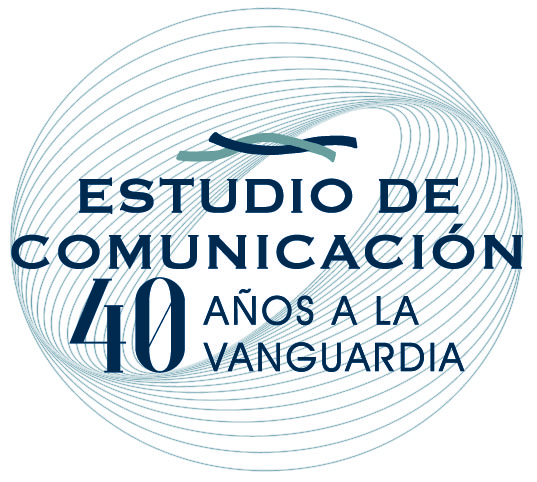People are the most important piece in communicating. When companies and organizations communicate, they are addressing people, and the members of the companies are the ones that can best project and showcase the values the entities they represent – and to which they belong – hold. They are what we call ‘their spokesmen or spokespersons’; those responsible for communicating trust, credibility, transparency, accountability…
We also know that Interpersonal Communications, which occur between broadcasters and recipients, depend exclusively on the ability to successfully reach their target audiences, as well as on sending a clear and precise message. Without adequate preparation and proper rehearsal of what must be said and how it must be done so, success is not guaranteed.
Preparing what and how to communicate with our clients’ management teams is a service that Estudio de Comunicación has been providing since its inception in 1983. We organize training sessions tailored at every moment to our client’s needs, supported by didactic bases of proven effectiveness. No person is the same, all communicative actions are different, so our training plans must suit every person, every need, every moment, and every situation.
Most common types of training:
- Media Relations – Training for appearances before written and audiovisual media representatives, both in one-on-one meetings as with several journalists. Scheduled or spontaneous appearances are also relevant, so we train for breakfasts, lunches and forums of different types in which journalists take part.
- Financial Communications – Board/Committee meetings: memorized or read-out speeches, on paper or on a teleprompter. Presentations of live or telematics results. Meetings with financial analysts and investors.
- Internal Communications – Admin., management, organization or motivation meetings. Interventions in meetings with workers or in cascade communication processes.
- Crisis Communications – Meetings with company committees and unions. Meetings with organized groups.
- Institutional Communications – Meetings with politicians from all three Administrative levels. Appearances in permanent/investigation committees.
- Relations with society – Thank-you speeches. Presentations before academic, business or any other sector. Presentation of speakers, interventions in tributes, etc.
- Technical and media support – Training and rehearsal with all types of technical equipment: TV cameras, projection systems, teleprompters and microphones for audio-visual and public addresses. Design and use of presentations (PPT and similar), introductory videos. Videoconferences, retransmitted presentations (streaming), etc.


